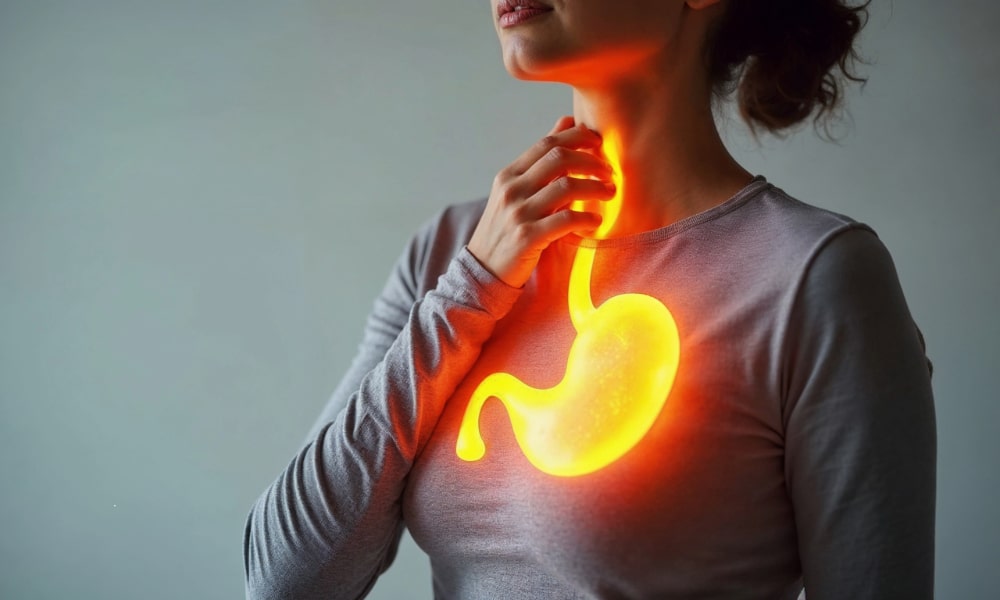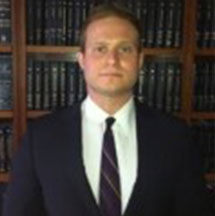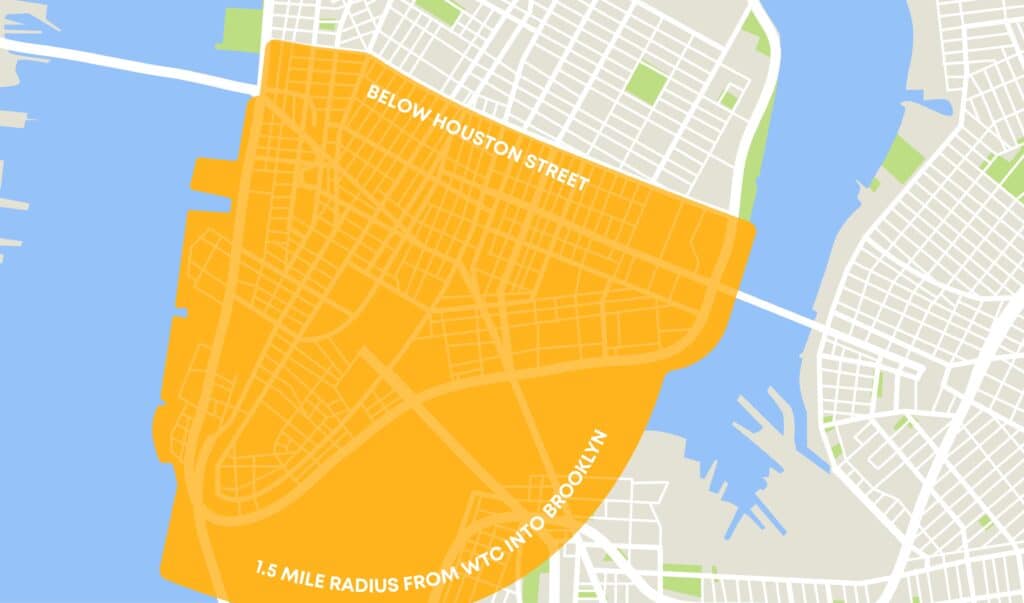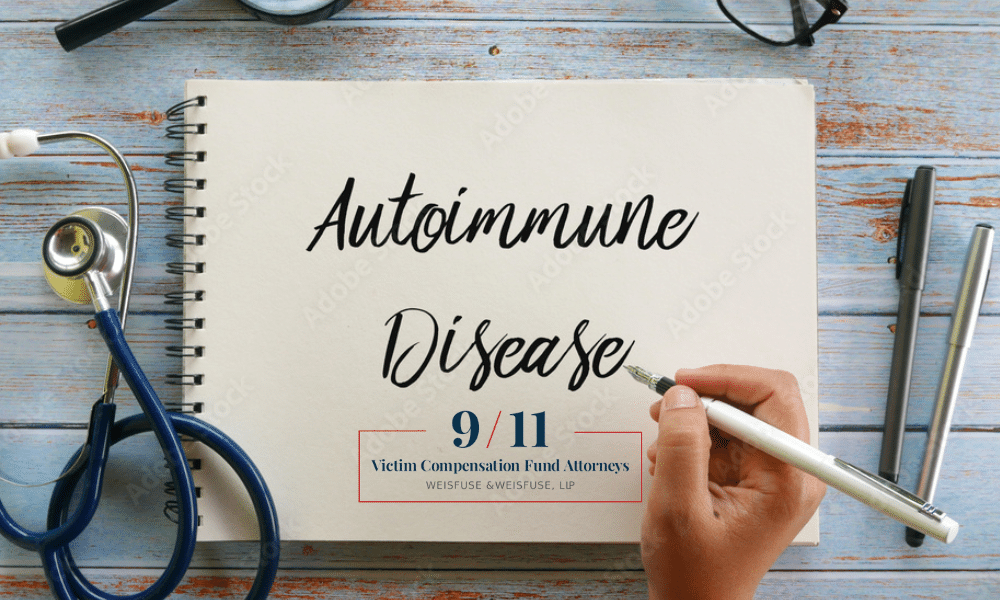
Among the many adverse health conditions that have affected 9/11 responders and survivors over the years since the attacks are conditions of the esophagus, such as GERD, Barrett’s esophagus, and esophageal cancer.
A clear link exists between exposure to the toxic dust cloud that veiled Lower Manhattan in the days, weeks, and months after the attacks and these conditions. They can cause a range of complications and have the potential to severely disrupt the lives of victims.
These health issues are certified 9/11-related conditions, for which victims can receive free medical care and monitoring via the World Trade Center Health Program (WTCHP) and financial compensation through the 9/11 Victim Compensation Fund (VCF).
Link Between 9/11 and Esophageal Cancer
The 9/11 community has an elevated risk of developing many aerodigestive diseases, as well as almost 70 different types of cancer. Toxins such as asbestos, silica dust, arsenic, glass fibers, cement, benzine, heavy metals, and other substances filled the air for months after the attacks.
GERD and Barrett’s esophagus are two common conditions that afflict members of the 9/11 community exposed to the toxic dust. In some cases, these conditions develop into even more serious conditions like esophageal cancer.
Esophageal cancer is rare in the general population but the incidence is disproportionately high for 9/11 survivors and responders.
Gastroesophageal reflux disease (GERD) occurs when stomach acid leaks into the esophagus. Barrett’s esophagus, which is a precursor of esophageal cancer, develops when the esophagus becomes damaged by acid reflux, causing the lining to thicken and become red.
Both conditions can cause difficulty with swallowing, unintended weight loss, pain, indigestion, or heartburn, and coughing or hoarseness. Any 9/11 responder or survivor who develops such symptoms should urgently register with the WTCHP (if not yet registered) and follow the recommendations provided by the trained medical professionals.
Because of the potential for GERD and Barrett’s esophagus to develop into more serious conditions, their progression should be monitored with regular checkups. Imaging and biopsies of the esophagus could find precancerous cells, which could prompt essential treatment to prevent esophageal cancer from developing.
In addition to the availability of free health care, any survivor or responder with Barrett’s esophagus or esophageal cancer can apply for compensation from the VCF.
9/11 VCF Awards for Esophageal Cancer
Anyone who has suffered a 9/11-related health condition and can prove their presence in the exposure zone between September 11, 2001, and May 30, 2002, can claim financial compensation from the VCF. This compensation comes in two forms:
- Non-economic losses, which cover the pain and suffering associated with the condition.
- Economic losses, which cover the actual financial losses incurred, including lost earnings and pension/health benefits, as well as out-of-pocket medical expenses and funeral expenses, if applicable.
For esophageal cancer and most other cancers, the statutory non-economic cap for pain and suffering is set by the Zadroga Act at $250,000.
Economic losses for esophageal cancer vary from case to case, depending on the extent of disability, the victim’s age, income, and whether any other benefits have been received through other means.
9/11 esophageal cancer loss of earnings awards
In addition to the $250,000 statutory non-economic cap for pain and suffering, one of the major contributors to compensation for 9/11-related esophageal cancer victims is usually the loss of earnings award.
This complex calculation is made by the VCF to assess the amount of earnings a victim would have made if time off work due to their condition had not been required. The following documentation may be required:
- Evidence of pre-disability earnings history from Social Security earnings records and/or past tax returns.
- Evidence of permanent disability from a governmental agency, such as Social Security disability, workers’ compensation, a disability pension, or private long-term disability benefits.
- Loss of employment evidence, demonstrating an inability to continue working due to a 9/11-related illness.
Other factors that will be considered in VCF calculations include:
- The age at which the individual becomes unable to work.
- The estimated number of years of income/benefits losses from the inability to work.
- Adjustments/additions for expected increases in income due to inflation and career advancement.
All these factors will be taken into account and award calculations will be offset with any “collateral benefits” received. These are adjustments for compensation benefits received for the 9/11-related condition from other sources, such as Social Security Disability Insurance (SSDI), long-term disability benefits, workers’ compensation, and Public Service Officers’ Benefits (PSOB).
The VCF award calculation can become very complex. Often, the loss of earnings calculation can be maximized with a detailed legal brief from an experienced 9/11 attorney.
What are the Treatment Options for 9/11 Esophageal Cancer?
The early detection and treatment of esophageal cancer significantly improve outcomes. Unfortunately, however, most esophageal cancers are diagnosed at a later stage, contributing to a low overall survival rate.
For the 9/11 community, registering with the WTC Health Program can provide access to first-class monitoring facilities and early-stage treatment, including the following options:
- Surgery
- Radiation therapy
- Chemotherapy
- Chemoradiation therapy
- Immunotherapy
- Laser therapy
- Electrocoagulation
Targeted therapies and access to new types of treatment for esophageal cancer may also be available from the WTC Health Program.
Should a Survivor with GERD who Develops Barrett’s Esophagus Get the Condition Certified?
The VCF considers Barrett’s esophagus as “presumptively severe” when calculating non-economic losses.
As a precursor to esophageal cancer, any 9/11 survivor who has GERD and develops Barrett’s esophagus should get the condition certified with the WTCHP. If the condition is severe enough to impact the course of treatment for GERD, this will provide not only access to the best treatment options available but also higher compensation for non-economic losses.
How to Navigate the 9/11 Claims Process with Esophageal Cancer
The claims process with the VCF can be daunting for survivors who are suffering from a 9/11-related condition like esophageal cancer.
The process is made considerably easier with the help of an experienced 9/11 attorney, who will also aim to maximize the claim.
Having the condition certified, providing the correct documentary evidence, and presenting a strong compensation case ensures that claims proceed as quickly and successfully as possible, while victims focus on recovering from their condition.
To discuss your situation and learn more about how we may be able to help you, please call Weisfuse & Weisfuse, LLP at 212-983-3000 or contact us online to schedule a free consultation.

About Jason Weisfuse –
9/11 Victim Compensation Fund Attorney
About Jason Weisfuse –
9/11 Victim Compensation Fund Attorney
Jason E. Weisfuse is a seasoned 9/11 cancer attorney and managing partner at Weisfuse & Weisfuse, LLP, a New York City-based law firm dedicated to representing individuals affected by the September 11th attacks. Since the establishment of the September 11th Victim Compensation Fund (VCF), Jason has been instrumental in assisting first responders, survivors, and families in securing the compensation and medical benefits they deserve.
With a Juris Doctor from New York Law School (2009), Jason brings extensive experience regarding the 9/11 Victim Compensation Fund to his practice. His deep understanding of the VCF and the World Trade Center Health Program (WTCHP) has enabled him to navigate complex claims processes effectively, resulting in substantial awards for his clients.
Jason’s commitment to the victims in the 9/11 community is evident through his active involvement in professional organizations such as the New York State Trial Lawyers Association and the American Association for Justice. He has also contributed to legal discourse with publications in the New York Law Journal, reflecting his dedication to legal excellence and advocacy.
At Weisfuse & Weisfuse, LLP, Jason continues to provide compassionate and knowledgeable representation, ensuring that those affected by 9/11 receive the support and compensation they are entitled to.






